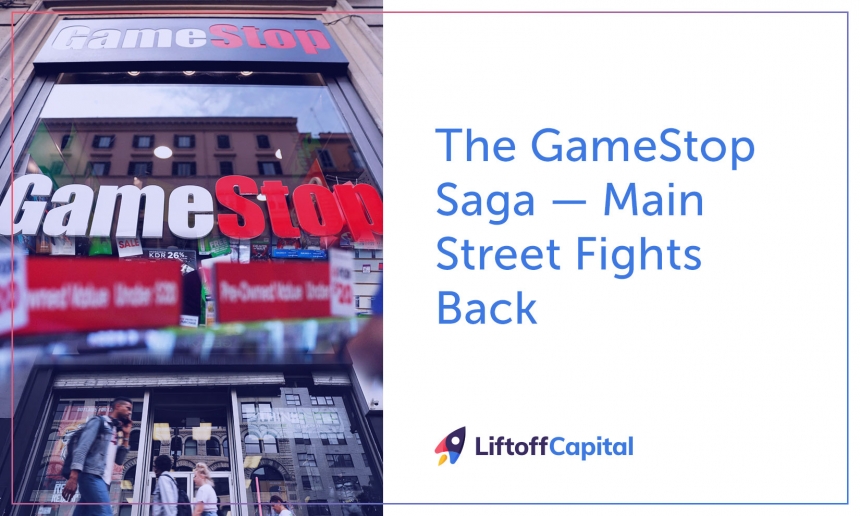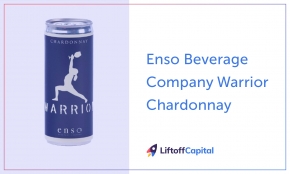The GameStop Saga - Main Street Fights Back

Technical investors learned about a few new metrics this week. Namely, popular sentiment and nuanced anger.
GameStop, a collection of brick and mortar stores that sells physical video games, gaming devices and video game paraphernalia in the age of digital streaming, has been hit hard by factors such as broadband game downloads and the ongoing pandemic.
Hedge fund analysts determined that this was a recipe for a plunge in the company’s equity value and heavily shorted the stock, essentially buying a contract to borrow and sell shares in the company, with an obligation to purchase those shares back at market price at a later date when the contract expires. The point of short selling, obviously, is that the traders predicted the market price would be lower at the expiration of the contract. In fact, one fund in particular borrowed more than the total equity stake of the company - a maneuver that carries extreme risk.
It seems the hedge fund underestimated both brand loyalty, and the effect of human psychology. Typically, the psychology of the market is broken down into a binary equation of greed vs fear. But thanks to an incensed group of individual retail investors, organizing via Reddit, a few new emotional data points entered the equation. Specifically, anger and humour.
Users saw not only an opportunity to stand up for a beloved business that has 14000 full time and roughly 30000 part time employees, they also saw the technical opportunity to “stick it” to an over leveraged activist short-seller, creating an event wherein they could (many would argue) artificially inflate the price of the stock (often referred to on the site r/wallstreetbets as a “stonk”) which would then inflate even further when short options expired forcing hedge funds to purchase their positions back.
Some users have held on to their positions, despite having become quite paper-wealthy from the stock. In a sense, these users are signalling that they value their principles more than the monetary value in their accounts. They signify their intention to ride the market both up and down with emojis. Diamond hands indicating that they will never let go of their shares.
Does this constitute market manipulation? Sort of. But when you consider the markets are constantly being manipulated by so-called “activist investors” - typically multi-billion-dollar hedge fund managers or bankers who can make a trade and then pull the right strings to get air-time on main stream media, practically guaranteeing that their trade will self-actualise, it becomes difficult to argue against the tactics of the Wallstreetbets crowd.
Is it risky? Well that depends on an investors values. When we think of the market, at the end of the day, we think of money. Financially, of course, this is extremely risky. It could all collapse in an instant. But if a person sees the investment not as a way to make money, but as the ticket price to a financial battle between David and Goliath, then maybe our assessment of risk is skewed.
Regardless of how the battle is fought, one thing is for certain. People still have an appreciation for Main Street, and Wall Street would be well advised not to underestimate that fact.
Obviously, there is no financial advice in this article. It is intended only to warm some hearts in dark times.
To infinity and beyond!



